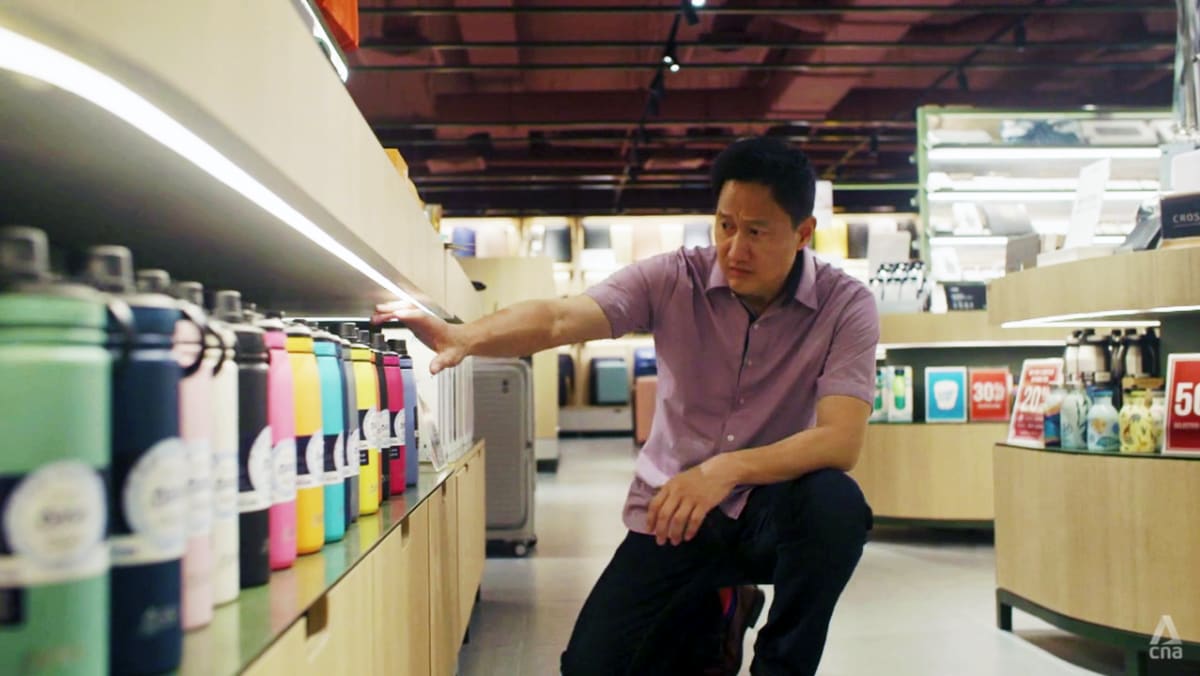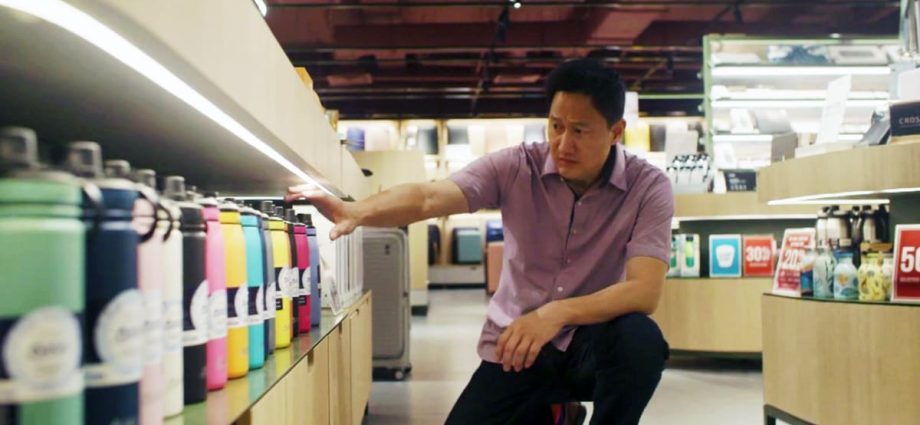
Tritan shares similar characteristics with polycarbonate, such as clarity, durability and resistance to impact, said Liew. But it is BPA-free; and it costs more.
While some Tritan bottles are labelled as such, Nalgene bottles carry only the “BPA-free” label, Liew added. “Consumers should be aware of what they’re buying and also do their own due diligence.”
In a consumer advisory shared with Talking Point, the SFA said consumers should use reusable bottles or food containers according to instructions. For example, only containers labelled microwave-safe should be used for reheating food in the microwave.
A product should be replaced when its integrity has been compromised, such as when it is cloudy, discoloured or cracked.
When choosing reusable products, consumers can also opt for other materials, such as glass, porcelain or stainless steel, especially for hot foods and liquids.
Watch this episode of Talking Point here. The programme airs on Channel 5 every Thursday at 9.30pm.

